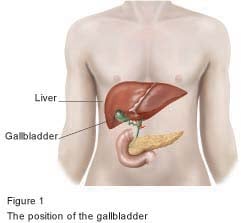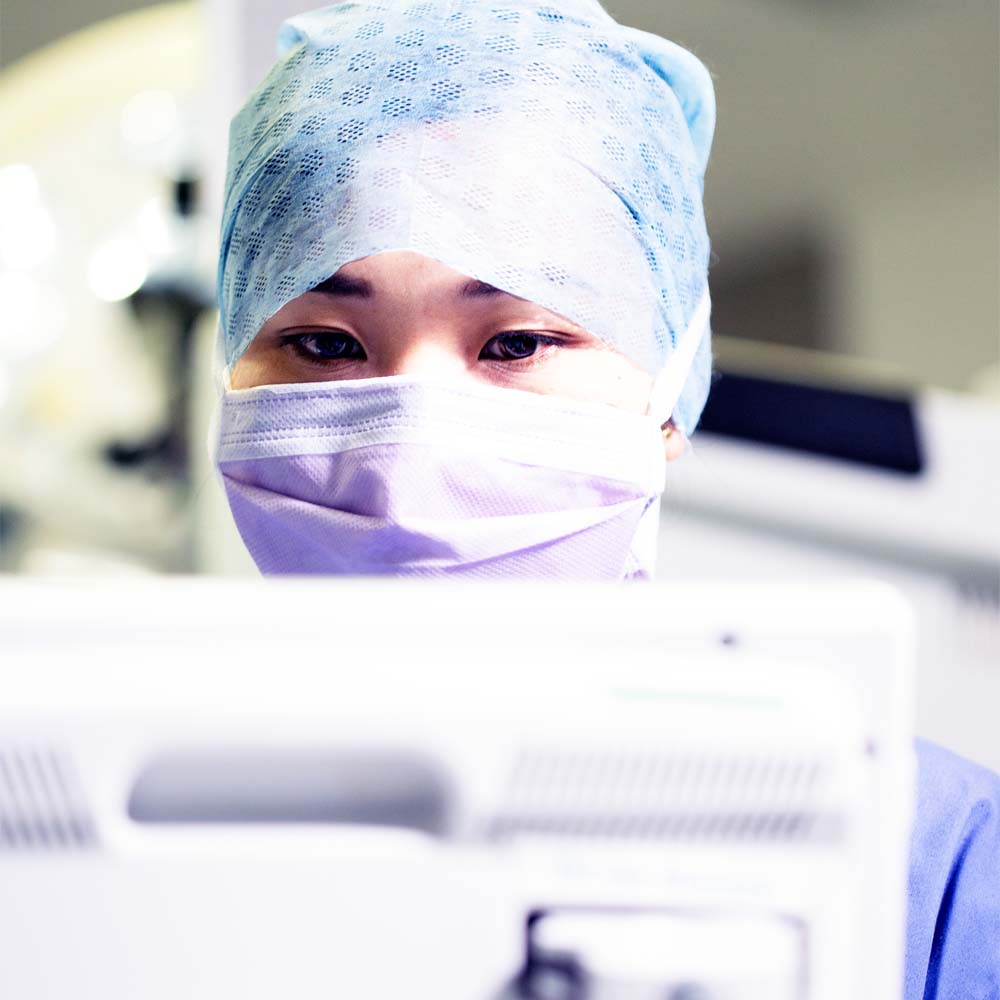This page will give you information about a laparoscopic cholecystectomy. If you have any questions, you should ask your GP or other relevant health professional.
Consultants and Clinic Times

Ms Sala Abdalla
BSc MBBS FRCS (Gen Surg)
Specialities
General Surgery, Upper Gastrointestinal Surgery


Miss Serena Ceraldi
MBBS MSC MD
Specialities
General Surgery, Upper Gastrointestinal Surgery

Mr Francesco Di Maggio
MBBS, MD, MChir
Specialities
General Surgery, Upper Gastrointestinal Surgery


Prof Adam Frampton
BSc (Hons), MSc, PhD, MBBS, FRCS (Gen Surg), DipMedTox, FRSB, FESSR
Specialities
General Surgery, Hepato-Pancreato-Biliary Surgery

Professor Marcus Reddy
BSc(Pharm), MBBS, FRCS(Eng), FRCS(Gen)
Specialities
General Surgery, Weight Loss Surgery












